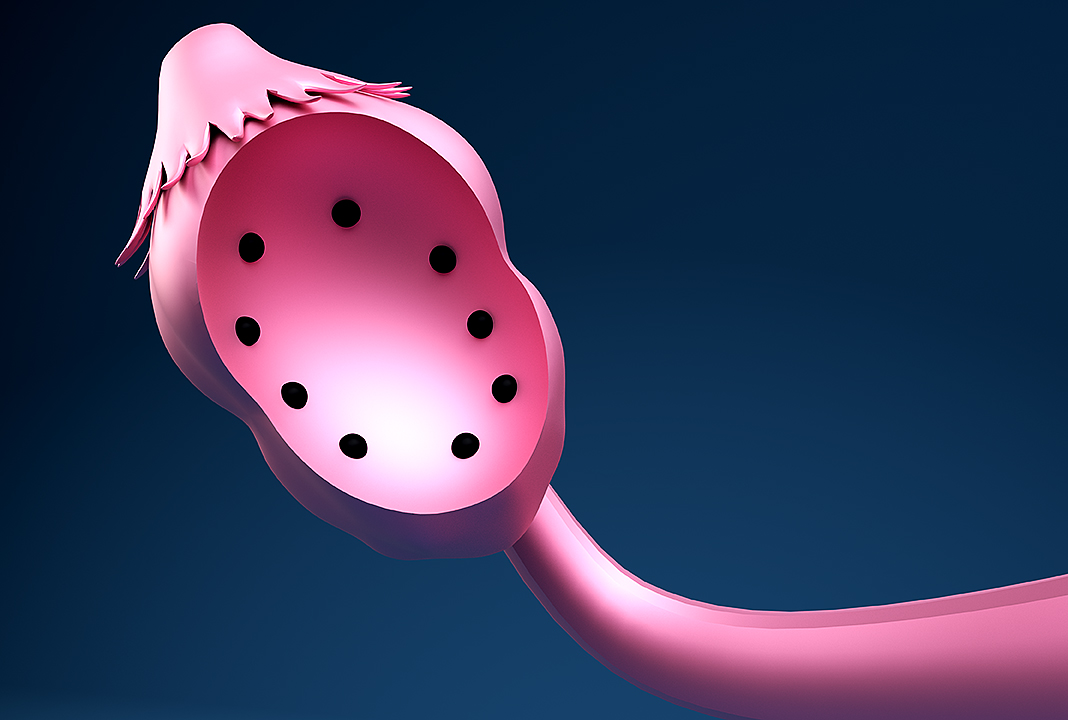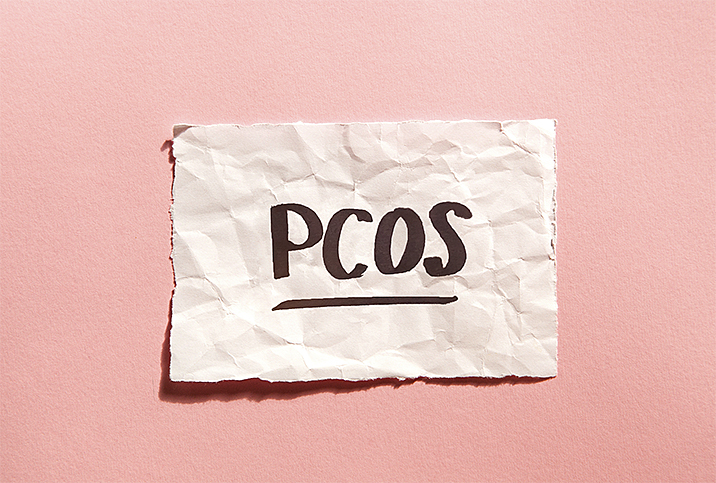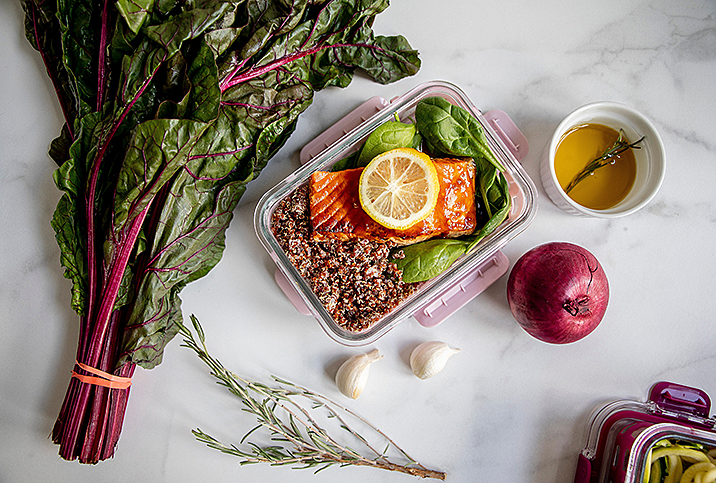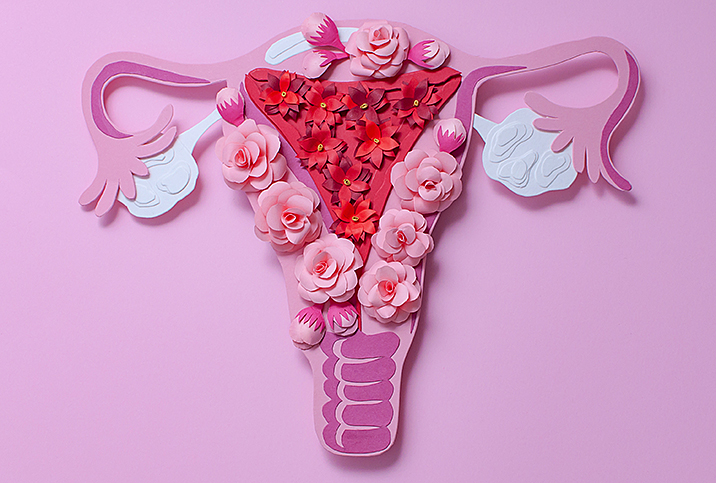PCOS: A Personal Account of Lesser-Known Symptoms

Polycystic ovary syndrome, commonly known as PCOS, is a condition that affects roughly 10 percent of females of child-bearing age in the United States.
I am one of those lucky 10 percenters, although lucky is probably not the right word.
I sought a diagnosis in 2018 after missing three periods in a row, which was abnormal for me. After doing more research about my condition, I was surprised to learn that it was responsible for some other ways my body had changed.
The most common symptoms of PCOS are irregular or missed periods and, unsurprisingly, polycystic ovaries. However, those aren't the only symptoms that plague me and many others like me. If you have polycystic ovary syndrome and suffer from any of the following symptoms, they may be connected—and you definitely aren't alone.
Excessive, coarse facial hair
I'm a natural blonde, so imagine my surprise when I started sprouting coarse black hairs on my chin and neck around age 23. This is a result of hirsutism, a symptom in which hair grows excessively in places it doesn't normally in women. Up to 80 percent of women with PCOS experience hirsutism, and often the embarrassment that can accompany it.
I didn't want to be a female that needed to shave her face, but I've worked on letting go of that shame: Whatever grooming practices make you feel your best shouldn't come with a stigma. I started using a facial hair trimmer, and if you want to get rid of that pesky hair, too, I highly recommend it.
Adult acne
You're certainly an anomaly if you managed to make it through puberty without any acne at all, but even if you did, you're likely to outgrow your acne by your early 20s. Since polycystic ovary syndrome affects your hormone levels, it leaves sufferers like me with cystic acne around the chin and jawline, even when you're pushing 30. Between the hair and the zits, my chin and I certainly have a complicated relationship.
Unfortunately, there's not much to do about hormonal acne aside from taking medications. But I've helped myself love my skin more by sticking to a thorough routine that makes my face feel refreshed and refined. It includes a vitamin C serum, which helps with evening tone and fading dark marks left behind by stubborn acne.
Persistent headaches
I'd say I have more headache days in a month than the average person, especially leading up to my period. They often make it really difficult to work as my job requires me to be on my computer constantly. Hormonal changes can cause headaches, so it makes sense that PCOS sufferers are afflicted.
When I have a bad headache day, I do my best to be gentle with myself and not take on more than I can handle. I'm fortunate that I have a job that offers flexible sick leave, so when the headaches are especially bad, I'll take advantage of it. Even if I can't take time off work, I make sure to treat myself to all the remedies that usually help ease the pain: hot baths, warm meals and cold towels over my eyes.
It's all about self-care
When it comes to polycystic ovary syndrome, the important aspect to remember is that no two sufferers experience it exactly the same. But these symptoms are more common than you'd think.
PCOS symptoms vary greatly in severity, but one thing's for sure: None of the symptoms are shameful, and we don't have to be embarrassed by them. We're only human, and we have only one human body. Our bodies deserve to be loved and embraced, especially when polycystic ovary syndrome has us feeling less than stellar.

















